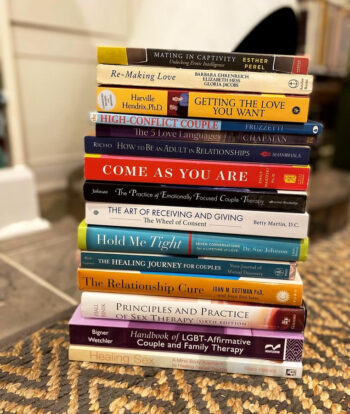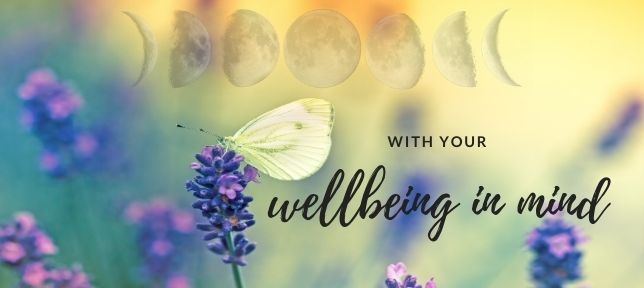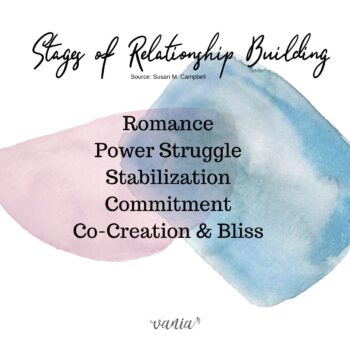It’s been a few months since my partner and i have had a proper date. And by that, i mean getting dressed up and going out on the town. We make the intention to have lots of quality time and also sneak in mini-dates into our life regularly. And yet, we do need that special kind of date from time to time.
And so when we put the plan together to go to a new cute drinks spot, i was pretty excited. It was a Saturday night and i dressed up – i wore heels and a dress, and pulled out a vintage clutch instead of my usual purse. It was an added bonus that is new spot was in our own neighbourhood.
Neither of us wanted to drive because we wanted some tasty drinks and it was too close to deem a taxi worthy. So, when we walked a mere 2 blocks from our front door, i couldn’t help but wonder if the clouds in the night sky looked daunting, and more than just natural darkness.
Let me back up and explain that it’s my partner who is the ‘weather guy.’ He has an app he always refers to, and we ask him every morning to tell us the weather. He’s our go-to in-house weather forecaster. So, i guess a part of me assumed he already looked at the weather and deemed it worthy of the walk.
The first mistake is that i assumed this. The second is that i didn’t explicitly ask him to drive because i didn’t want to. The third mistake is that i didn’t look at the weather app because i wanted to wear heels and i dress – i don’t have to rely on others for this.
And so, we decided to keep walking and take the risk. We were barely past our own street when the rain started. Our wishful thinking and glass-half full perspective did not keep the clouds away.
And the rainclouds sure opened. We had to run for cover and wait out the rain for a few minutes. We were too far gone to go back, and i knew if we were to go home our night (let alone date and good humour) was spoiled.
You’d think the heat rising from inside me would have been enough to keep me dry.
So, it took me a few minutes to catch my breath and bearings, and to also sit with what i was feeling. Sure, i was mad and maybe a bit rage-y. I was also disappointed and frustrated. And my partner was too.
In the past, my bad mood may have made us turn around and go back home. Not only because i was wet and didn’t want to go out, but also because i would not have been pleasant company. This time, i noticed how i was feeling, and what resources i had within me to self-regulate and get back to Self energy. I knew my partner was grateful for this and he also wanted to go on the date, and it wasn’t his fault it rained on us. And he also was entitled to want a drink, and not have to drive for once. I knew this in my heart, so i was able to quiet that critical voice and my Inner Complainer, so that we could keep walking and enjoy our night.
And we did – we got to the bar, the rain stopped (in that order), and we had a lovely night.
I’m sharing this because i want to be transparent as a human who also happens to be a therapist who supports couples, and has a partner who is trained as a Non-Violent Communication facilitator who works with men. We are imperfect works in progress. And, we are witnessing our own healing and progress in real time.
Recently when my partner told me that he was afraid to tell me that an ember burned our pillow, i realized the narrative i have about myself being easy to talk to and easy-going is not necessarily true. That is absolutely true as a therapist and yet it can still be hard for my partner to be vulnerable with me, especially when he has to tell me something he did. My Inner Fiery Dragon was a strong protector of me, and yet she can be scary for others to repair things with. I get that.
So, what can we do, you ask?
 Remember, it should not be a given that a relationship is inevitable, let alone happy indefinitely. All relationships take work simply because we are constantly evolving as humans, or at least we hope we are. So, get ready to learn, read, talk, question, and reflect on how you are doing on your side of the relationship coin.
Remember, it should not be a given that a relationship is inevitable, let alone happy indefinitely. All relationships take work simply because we are constantly evolving as humans, or at least we hope we are. So, get ready to learn, read, talk, question, and reflect on how you are doing on your side of the relationship coin.
A great place to start is to learn about your relationship with conflict. Do you know what your conflict style is? I’m not the type of therapist who will do personality quizzes with you. Partly because i find them simplistic, and also because i don’t think they showcase our full story. And yet, one way to really sit in the discomfort about the role we play in conflict is to notice a pattern. Do i hide my head in the sand like my pet turtle? Or do my teeth glare out like a shark or tiger? Does my body become soft like a fawn or teddy bear or is there wisdom in my response like an owl? Maybe instead of using animals as a mirror, how about looking at these typical ways we respond to conflict: Accommodating, Avoiding, Compromising, Competing, and Collaborating? Do any of these sound familiar to you – be honest! If you’re stuck, this article can be a great start to look into this more.
As a couples counsellor myself, one of my favourite resources about befriending our conflict style comes from the work of Sue Johnson and Emotionally Focused Therapy. She shares that we need to learn a new dance with others in order to break stuck patterns, be it an intimate relationship or other kind of connection. So a good place to start is to take a kind self-critical lens and really think about your own pattern when conflict shows up.
I know many of us are afraid to think about worst-case scenarios, and we may avoid looking at the cobwebs in the corner. I think knowledge is power so i appreciate knowing why a relationship may struggle or fail. A few main reasons are: a lack of growing, developing and evolving in parallel ways; getting stuck on differentiation, lack of repair after rupture that leads to emotional pain and trauma (triggers still alive); or lack skills and support to help them move past this stuckness.
So it bears knowing that developmental hurdles happen as a couple, whether it is after becoming parents or if one of is on a new journey in life. We may struggle with Differentiation, which is a manifestation of true individualism. This means we can acknowledge and trust that our inner experience is separate from someone else’s, and that’s not only okay but valuable. Our attachment style can impact our ability to trust that our opinions and thoughts about something doesn’t have to be questioned or minimized by someone else if we don’t share the same idea. In this article, Dr. Ellyn Bader shares more about what differentiation looks like.
I’ve been reading Dr. Tracy Dalgleish’s new book, I Didn’t Sign up for This. In it, she shares stories from her own marriage as well as other relationships to help the reader know they are not alone. The book is filled with resources and support, and i found her 4 C’s especially useful. This comes from her own work and research as a couples therapist. It describes the ingredients of Collaboration, Compassion, Connection, and Curiosity as important felt sense experiences to help couples get back to their Selves in a relationship. This connects to the individualism that is necessary for healthy relationships, and are the catalysts to repair after ruptures.
I also really value John and Julie Gottman’s work with couples and families. In fact, i have done training in their appraoch as a therapist and their research has become an integral part of my own growth and development as a human in a committed relationship. Since i didn’t have my own healthy models to look to growing up, learning this was important for me. They have a plethora of resources and have been on many, many podcasts and shows. Here is just one recent podcast that i found to be a great resource.


 Relationship Building
Relationship Building